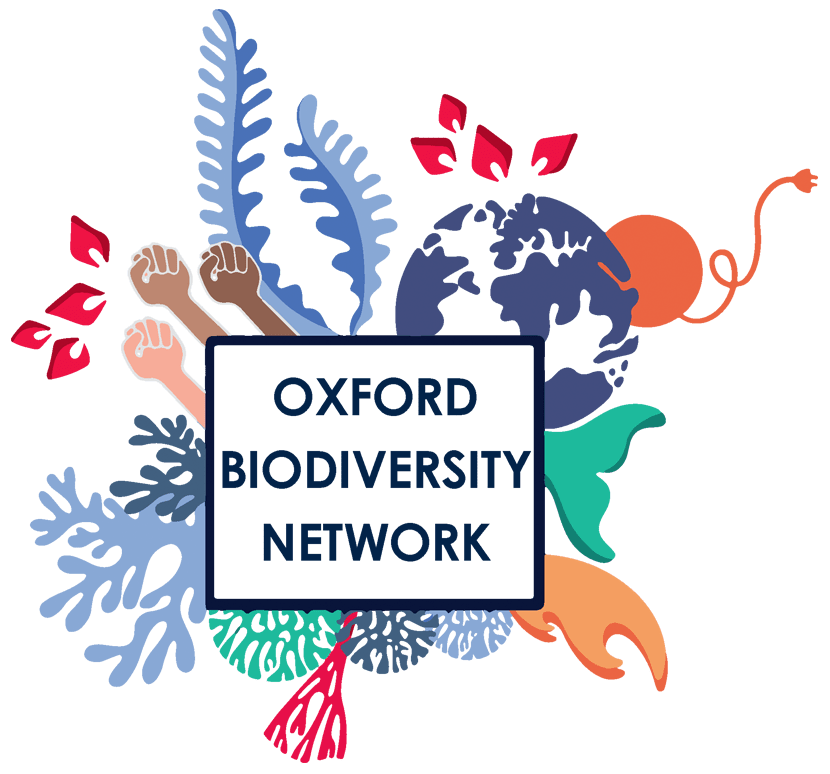Ecology and beyond: A conversation with Prof. Sandra Diaz
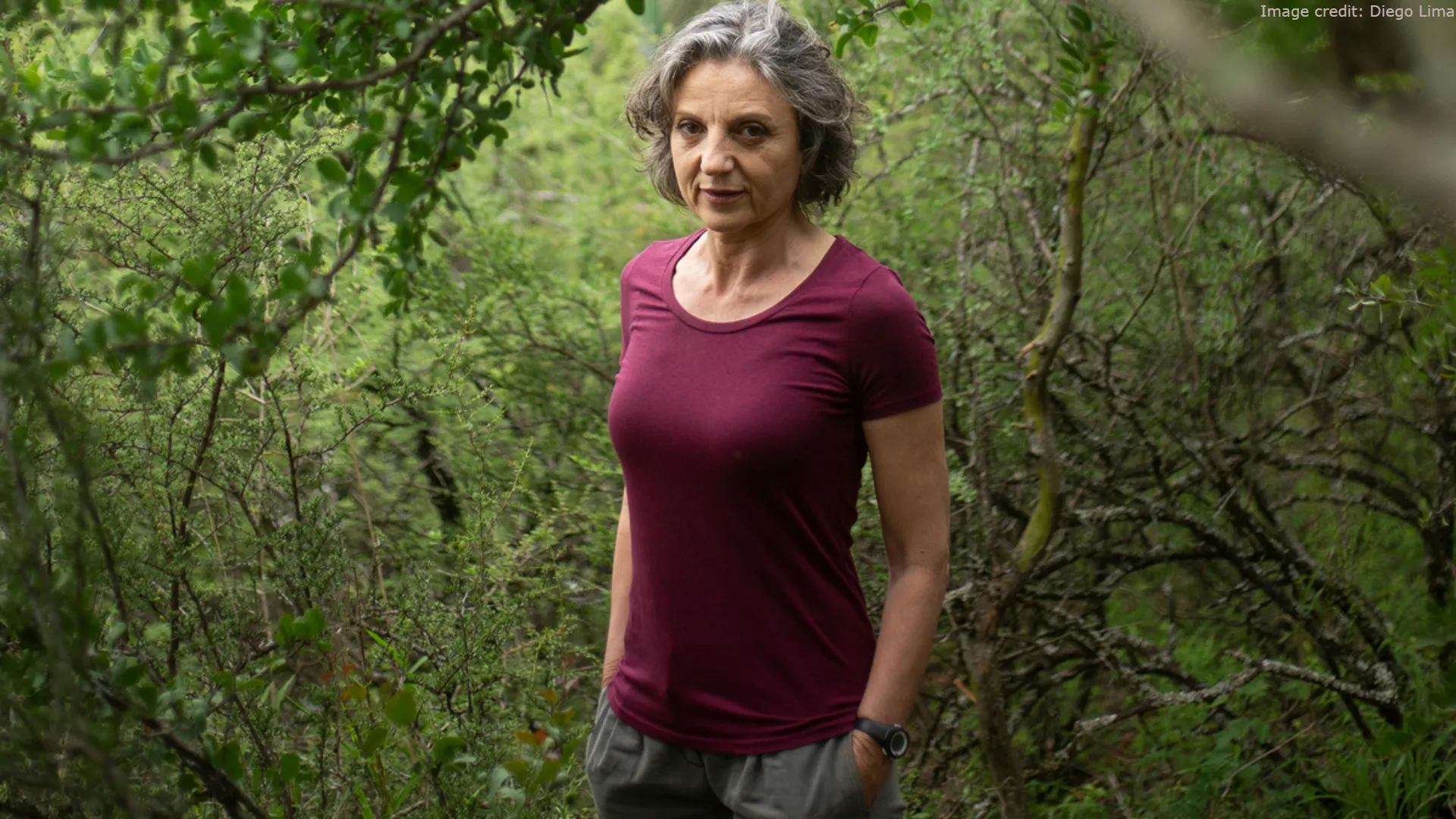
Prof. Sandra Diaz is an Argentine ecologist whose work in ecology has been as insightful as it is multifaceted. In this brief interview, we speak about her journey as an ecologist, exploring her experiences in both scientific research and policy-making efforts for global conservation.
With a background rooted in the study of plant functional traits, comparative ecology and links between community and ecosystem processes, she has dedicated years to studying the intricate relationships between plant species and their environments. Yet, her curiosity extends beyond the confines of traditional ecological research, leading her to explore the broader interdisciplinary landscape in nature conservation and sustainable management.
Prof. Diaz’s interest in interdisciplinarity in nature conservation led her to be part of the Intergovernmental Platform on Biodiversity and Ecosystem Services (IPBES). Through this experience, she witnessed first-hand the complex dynamics between scientific insights and policy priorities. Since her involvement with IPBES, she felt prompted to understand how humans relate to nature.
During this term, the Biodiversity & Society Programme is hosting Prof. Diaz as a visiting fellow at the Oxford Martin School, working closely with the Leverhulme Centre for Nature Recovery.
To start, what inspired you to visit Oxford for a fellowship with the Oxford Martin School?
I was very excited about the opportunity to work with a centre whose central theme was nature as a boundary object. This resonated deeply with my background in ecology and my ongoing interest in interdisciplinary work around how different societal groups perceive, value, and interact with nature.
I believe it is crucial to recognise that humanity’s relationship with nature is multifaceted and dynamic. There is not a single humanity acting on nature, because we are very diverse and so are our values. This diversity in perspectives underscores the need for interdisciplinary approaches.
What would you be focusing on during your visit?
I will be exploring the intricate ways in which human activities shape the fabric of life on our planet. It is not just about driving species to extinction, although that is undeniably critical. I am particularly interested in exploring the nuances of how different societal values influence the fate of plant species with different lifestyles.
Human impacts on plants are far from uniform; they vary depending on cultural, economic, and social factors. It is not a matter of randomly targeting any plant species like selecting names from a hat. Instead, there is often a deliberate or unintentional selection process based on specific traits or characteristics. Some plant species may find themselves favoured by human activity, while others face increased vulnerability.
I am interested in this dynamic interplay between human behaviour and plant ecology. At the core of my fellowship is looking into these complexities and understanding the underlying mechanisms driving them.
Could you share your experience of engaging in the policy-making space?
“I found that engaging with policymakers is a sobering experience because it exposes you to the realities of the world. It is both inspiring and frustrating.”
I believe there is a critical need for stronger connections between the realms of science and policy-making. The interface between science and policy is one of the key places where transformative change can occur, but it requires a unique set of skills, dedication, and patience.
Navigating the science-policy interface can be a challenging journey. Some scientists are naturally inclined towards it, while others, like myself, may initially engage reluctantly but eventually adapt. However, it is essential to recognise the value of this engagement.
Personally, from time to time, I need to go back to my blue-sky research and immerse myself in the study of plants – the roots of my passion. However, I also need to go back to the policy space and interact with different stakeholders. This has significantly enriched my perspective and added value to my work.
What do you perceive as the most significant challenge for scientists who engage in policy-making?
I would say managing expectations. There is often a misconception that our involvement will lead to rapid, monumental changes in the world. However, that is rarely the case. Policy-making involves the collective efforts of societies as a whole, not just individual scientists. We need to acknowledge that our contributions are just a tiny grain of sand in a vast pile.
Some researchers may find themselves frustrated by their perceived lack of impact within the policy sphere. However, in policy-making, it is important to understand that we are like ants in an ant’s nest. There is no place for the hero myth in policy-making; it is about sustained collective action.
If someone wants to make an immediate impact, I would recommend starting a garden [laughs].
What do you think about the intersection of science and politics when engaging in policy-making spaces?
It is necessary to recognise that a vast proportion of science is political because it carries social implications. In disciplines like ecology, whether intentional or not, our work often has direct impacts on the natural world and human societies.
Take, for example, the concept of nature-based solutions. This inherently involves considerations of social, ecological, economic, and cultural factors. Questions inevitably arise about who benefits from these solutions.
However, there is a difference between engaging in science with applied implications and aligning with specific political parties or movements. My impression is that in fields like ecology, it is challenging to exist in a vacuum. Even unintentionally, our work may have social and economic consequences that influence various stakeholders.
What has been your experience engaging with people from diverse backgrounds, especially coming from the Global South? Did you encounter any challenges?
Engaging with diverse backgrounds has been enlightening yet challenging. While progress towards inclusivity is evident, this should be extended beyond tokenism.
The representation of our countries in academia often remains superficial. Genuine knowledge exchange requires more than just inviting underrepresented groups; we must actively facilitate their participation.
Unfortunately, there is still a path to be walked. Knowledge from the Global South is sometimes undervalued compared to that from the Global North, relegating scholars to mere sources of information. This dynamic even affects perceptions within the Global South, where scientists may not take themselves or their colleagues as seriously.
This holds back our capacity to dream big, perpetuating a cycle of thinking small and local.
As we come to the end of this insightful conversation with Prof. Sandra Diaz, it is evident that her professional journey is not just about plant ecology and policy-making. It is a reflection on interdisciplinarity collaboration, bridging gaps and fostering genuine knowledge exchange. Her words resonate with a call for collective action and inclusivity to keep working towards a nature-positive world.
Author: Melissa Felipe C.
Other recent stories
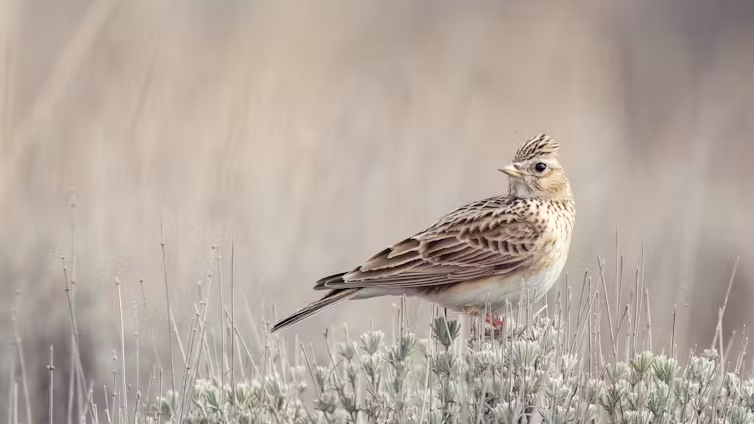
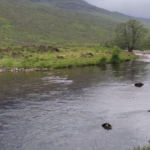
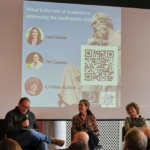
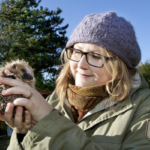
Associated people

